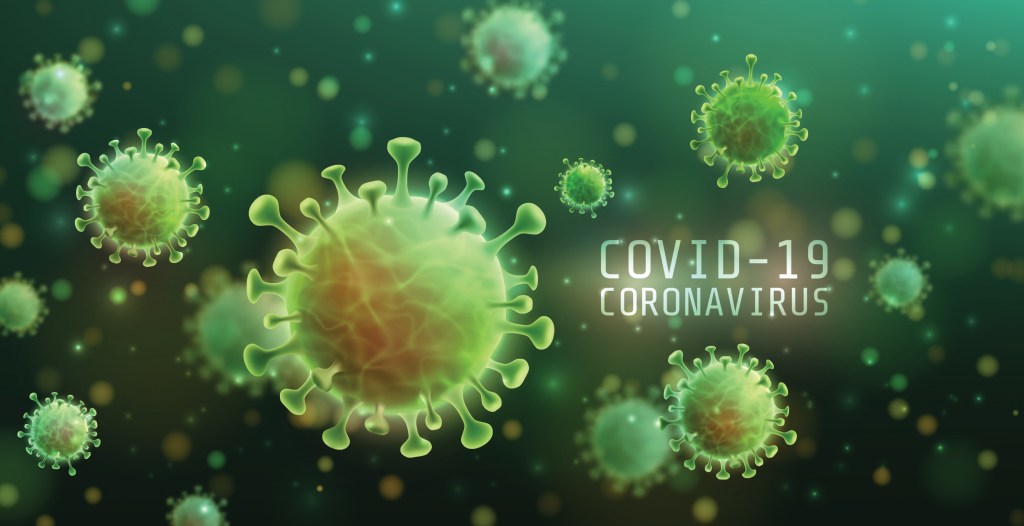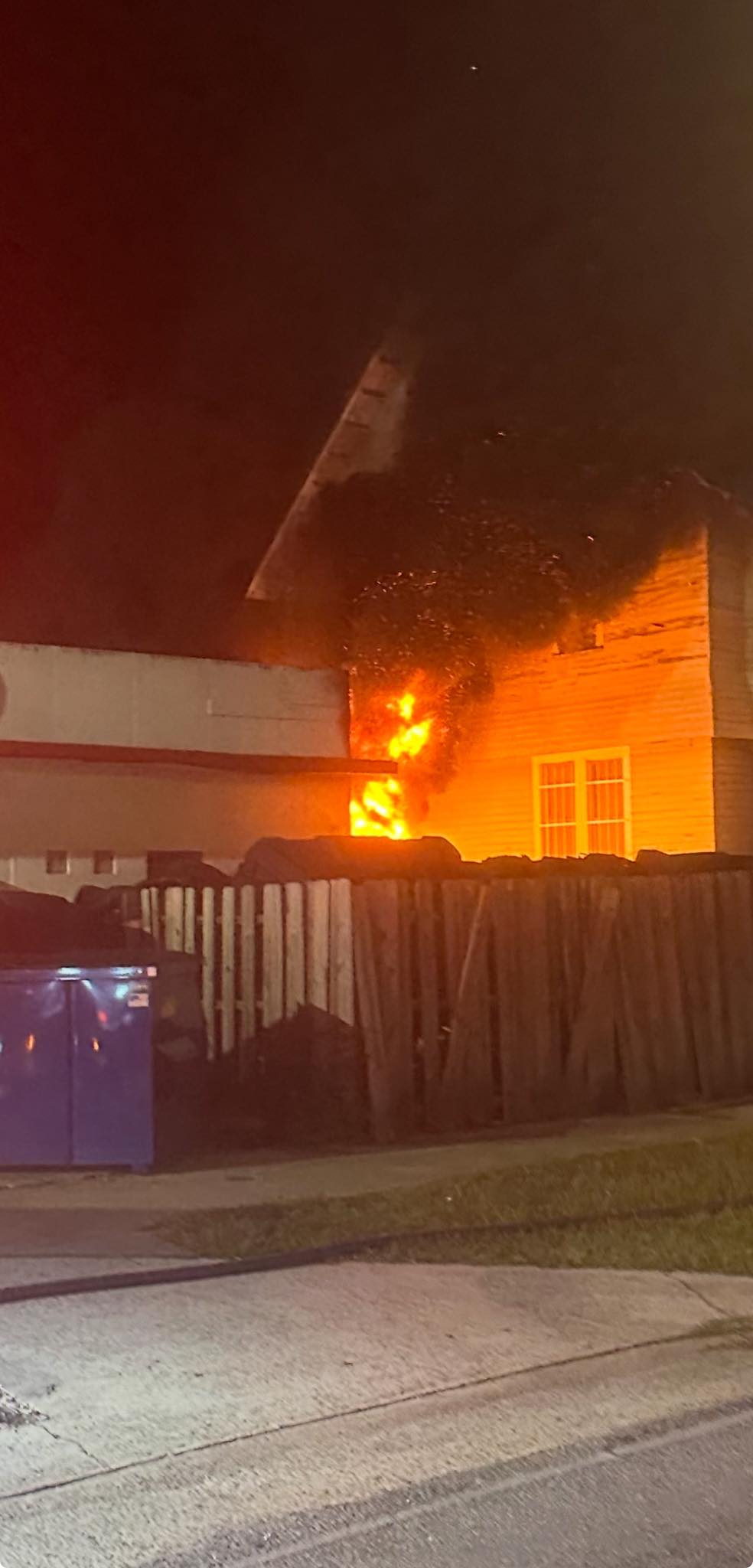Omicron surges in S.Ga.: Only 37% of Lowndes residents vaccinated
Published 1:00 pm Friday, January 7, 2022

- Green COVID-19 virus image
VALDOSTA – Dr. William Grow said the omicron variant of COVID-19 is the most contagious thing he’s ever seen or dealt with in the entirety of his decades-long medical career.
The health director of the Georgia Department of Health South District said the variant has managed to place a chokehold on Lowndes County in the short time since Christmas.
Trending
A county where only 37% of the population is vaccinated.
“In three weeks, the seven-day case increase for our 10 counties (Ben Hill, Berrien, Brooks, Cook, Echols, Irwin, Lanier, Lowndes, Tift and Turner) has increased more than 20-fold,” according to a Health South District released Thursday. “The seven-day case increase for Dec. 16, 2021, was 116 for our 10 counties. The seven-day case increase as of Jan. 6, 2022, is 2,381.”
Part of the problem is the vaccine rate for the state and more specifically South Georgia, according to the Health South District.
Only 53% of Georgians are fully vaccinated, health officials said, and that number is “significantly lower” in some of the SHD counties. Rates of those who are fully vaccinated by county as of Jan. 6:
Turner: 51%
Brooks: 45%
Trending
Tift: 41%
Cook: 39%
Ben Hill: 38%
Irwin: 38%
Lowndes: 37%
Berrien: 32%
Echols: 32%
Lanier: 27%
“Vaccines remain the best public health measure to protect people from COVID-19, slow transmission and reduce the likelihood of new variants emerging and South Health District wants to encourage all eligible individuals who have not been vaccinated to do so,” according to district statement issued Thursday.
The omicron surge has forced DPH districts across the state into sort of an emergency status, only allowing essential services in its offices as it did during earlier periods of the pandemic, with the South Health District performing screenings, checking temperatures and requiring masks for all who enter the facility.
Meanwhile, South Georgia Medical Center has been dealing with more patients since the omicron surge.
According to Dr. Brian Dawson, chief medical officer, the hospital has seen a drastic increase in emergency department patients.
“Usually, we’d run a daily census of 200 patients — that’s our average over the course of the past few years,” he said. “But in the past week, we’ve had five different days where we had over 300 patients that have come into the emergency department for care.”
Even just looking at the inpatient count for the hospital two weeks ago on Christmas Day, the hospital had five COVID-19 cases in its care. As of Jan. 6, it had 33 virus-related patients, an increase of 560%. The highest COVID-19 patient count since early October when the delta surge continued to decrease.
But Grow and Dawson said the transmissibility of the omicron variant is higher than delta and other previous variants.
“That means when you get exposed, you develop it much more rapidly than you do with delta,” Grow said.
Increased transmission with everyone getting together during the holiday season and staying inside because of cold weather has fueled the surge.
Grow said the illness/symptoms of the omicron variant aren’t as severe.
Observations In South Africa, where the omicron first appeared, provide some guidance in how long the present surge may last.
“The experience in South Africa is that (omicron) peaked around the first to middle of December, starting at the end of November,” Grow said. “I read yesterday that (cases) are waning significantly now.”
That’s a four- to six-week span that Grow said he hopes will be the same scenario here.
In the meantime, prevention practices need to be tightened. There has been no change in methods on that front, Grow said.
Continue to adhere to the three Ws: Wash hands, watch distance and wear a mask. Avoid highly populated areas, too.
Kristin Patten, public information officer of the DPH South District, reminds people of the importance of staying home if feeling sick, especially since school is back in session.
“This goes for flu season (and) cold season (too),” she said. “COVID isn’t the only thing you can get sick with and it is extremely important to stay home if you’re not feeling well.”
It’s the only way to prevent the spread of illnesses, Patten said.
SGMC agrees with these tactics of fighting COVID but has taken other precautions to combat the virus, Dawson said, such as reopening the Smith Northview campus for COVID testing.
Also, an infusion area was designated adjacent to the emergency department for COVID-19-afflicted patients to receive infusions.
SGMC is keeping an eye on its usage and its supply of monoclonal antibodies since there’s a known shortage in the southeast.
“I’m not sure about nationwide but I think all of the local hospitals are struggling to have enough monoclonal antibodies to treat patients,” Dawson said.
With the large influx of patients recently, SGMC is nearly out and “anxiously awaiting” a resupply which is expected by mid to late January.





